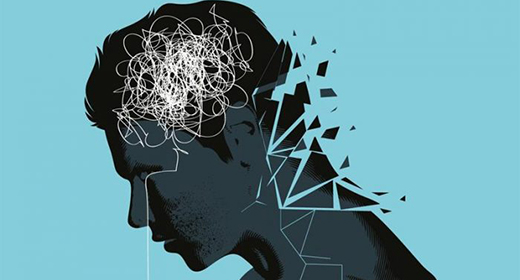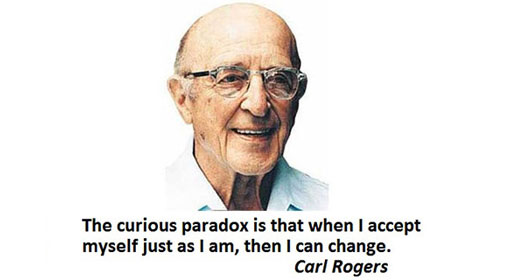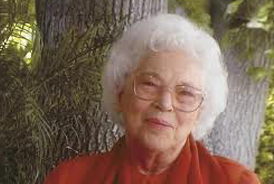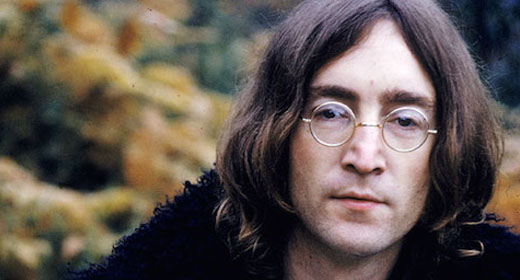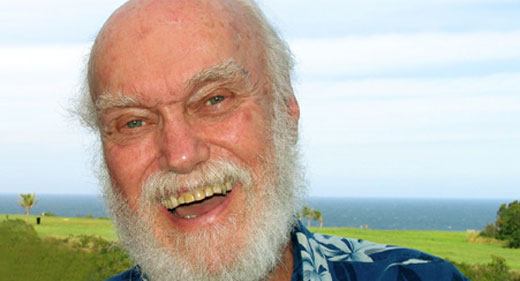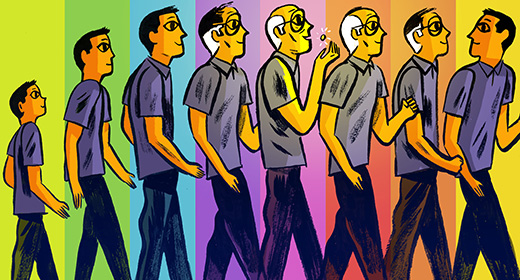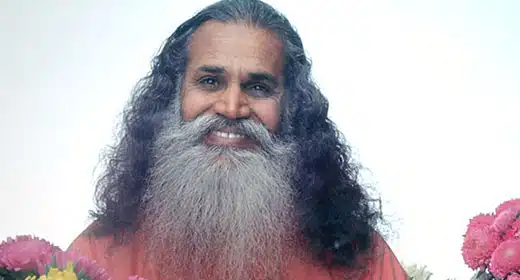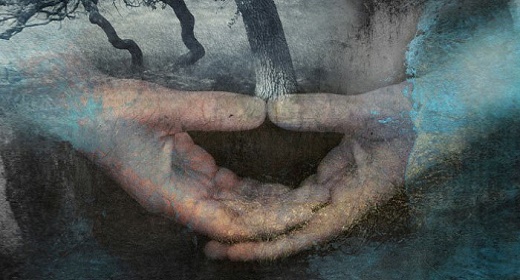by Brandon Deroche: The first result when you Google ‘Richard Alpert’ is from Lostpedia.
Believe it or not, the real Richard Alpert is not a former slave, turned ageless member of an island faction group known as the Others, floating somewhere throughout a purgatorial universe. No, the real Richard Alpert is a former Harvard psychology professor turned acidhead, who found a spiritual Guru in India and was later renamed to Ram Dass.
This guy changed the game. He brought Eastern culture and ideals to the West and wrote a bestseller in 1971 called “Be Here Now.” People inspired by the book have ranged from Steve Jobs to Judd Apatow.
Now over 50 years later, Love Serve Remember Foundation has launched Be Here Now, an Urgency Network campaign to fundraise for the creation of a digital archive of Ram Dass content from the past 40-50 years. A lot of which has never before been made available to the public.
As a bonus, LSRF is offering anyone who contributes $10 or more the chance to win a private three-day retreat in Maui where they’ll get to spend time with Ram Dass. This man has probably had more of an impact on my world view than anyone that’s walked the earth, and it’s been my honor to help preserve and spread his teachings for others to receive through my work with the Urgency Network.
If Ram Dass has ever helped you gain perspective in your life, consider this an opportunity to pay it forward. And if you’re unfamiliar, I encourage you dive deeper into the life of the man formerly known as Richard Alpert, like I recently did in a conversation with him:
Brandon Deroche: ”Be Here Now” was released in 1971. How are the teachings still relevant today?
Ram Dass: Most of the teachings are timeless. Now that I’m 82, the things I said 50 years ago are pretty relevant. Be Here Now and all the instructions Maharaji gave me… I still use them. (smiles)
Deroche: What’s your take on technology today and it’s impact on culture?
Ram Dass: It certainly gives us a feeling of community and oneness, and that’s good. When I see people who have no money and no social standing, and I see them on their cell phones, I realize that it could overturn the society’s structures.
I have calls with people on Skype, we call it Heart to Heart’s. And these Skype calls are heartfelt. What we can feel amongst each other is truly from the heart. It’s pretty wild.
Deroche: Today, people seem to be thinking more and more about giving back. What’s your take on social action and the motivation for it?
Ram Dass: When people participate in social action they want to get something for their money. Either publicity… or at least a good feeling in here. (points at heart) I think that when people are in the news for their social action, it’s very good for the culture. It brings compassion to center stage.
Compassion is in each one of us. So when they go inside to where they find that compassion, it changes their life. It changes their life that they see in their heart — love, compassion, wisdom, joy and peace. Most people’s attention is outside of them, and social action directs them inside.
Social action goes from heart to heart to heart. If you have love in your heart, and you love everybody on the street — that’s social action. My guru had love that he showered on me, I have love that I shower on anybody that wants it, and it goes on and on and on. To put it in terms of numbers, I really think that it’s one to one to one.
Deroche: Do you follow politics and if so, what are your thoughts on today’s leaders?
Ram Dass: Individuals have an ego which is who they think they are… and a soul where they really are. The ego is nationalism, it’s religion, it’s small groups. Politics is ego, ego, ego.
I used to have George Bush on my puja table and I’d say ‘hello’ to him. Then I realized that I had compassion for that soul, as he just had a lousy incarnation. So now I have Boehner… that’s tough on me. (laughs)
Before Obama got into office, he spoke from the heart, but then came the pressures. Obama gets through it, but his soul is suffering. I pray for him. He has in his pocket a little murti of Hanuman, the monkey God. He picked it up where he lived in the islands. That means a lot to me, because Hanuman is my ish da div, my way in.
Deroche: Your teachings talk a lot about our interconnectedness, achieving through collaboration, and loving everybody. How does this work within a capitalist society?
Ram Dass: Through compassionate capitalism. Capitalism where people are supporting eachother. If the culture was in a plane of consciousness where we are all one, then capitalism would be beautiful. But when we’re only separate, it’s very punishing. There’s fear and anxiety and stuff like that.
That consciousness is way down the pike in the future, but it’s in our evolution.
When you perceive other people as souls, like I perceived George Bush, you don’t get embroiled in their human life, in this incarnation, where the dominant theme is separateness. Separate individuals, nation states, separateness of religion. You know, the UN is just a group of separate people.
It would be nice if wise people ran the world. (smiles)
Deroche: Do you have any closing thoughts?
Ram Dass: Closing thoughts… Death is not the end. That’s a closing thought. (laughs) Each person has in them a perspective of things which gives them in their work an understanding that they are contributing to the culture’s evolution. You… Your work… My work… and it’s our roles. We get caught up in our roles, so I say get rid of the role and buy the sole.

